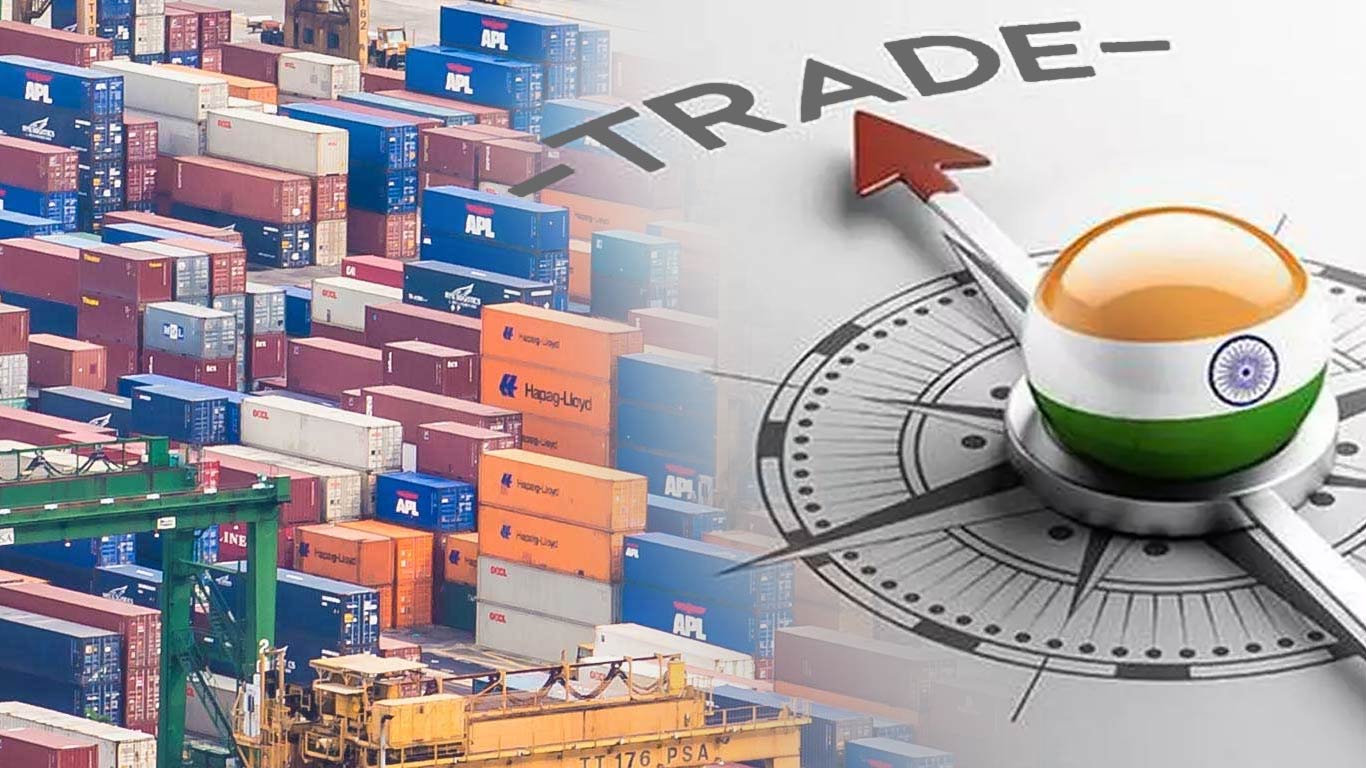New Delhi, July 4 (KNN) India could face lower tariffs compared to many Asia-Pacific (APAC) nations, a factor that may boost investment inflows and strengthen its position as a global manufacturing hub, Moody’s Ratings said on Thursday.
In its latest outlook on Asia-Pacific sovereigns, Moody’s Ratings suggested that India’s favourable tariff position could enhance its appeal as a global manufacturing hub and attract greater foreign investment.
The report highlighted that several export-dependent APAC economies—including Vietnam and Cambodia—have recently been hit by steep US tariffs, particularly in April.
These developments, Moody’s warned, are disrupting trade flows, complicating investment decisions, and posing both cyclical and structural credit risks to the region.
“In contrast to countries like Cambodia and Vietnam, India has the potential to benefit from a tariff-induced redirection of investment and trade,” Moody’s noted.
The agency added that India’s recent trade engagements—particularly the signing of a free trade agreement with the UK and ongoing negotiations with the European Union—further support its manufacturing development.
However, uncertainties remain. Moody’s flagged that the US’s push to reshore key manufacturing sectors could limit the extent of gains for India.
Additionally, India faces its own tariff challenges with the US. On April 2, the US imposed an additional 26 percent reciprocal tariff on Indian exports, though this was temporarily suspended for 90 days. The underlying 10 percent baseline tariff continues to apply.
With the suspension due to expire on July 9, both sides are engaged in urgent negotiations over a proposed interim trade deal.
India is seeking expanded market access for labour-intensive goods, while the US is pushing for tariff reductions on its agricultural exports.
Despite the ongoing talks, Moody’s cautioned that any significant redirection of investment or supply chains will take years to materialise.
“Multinational firms are unlikely to make major investment decisions amid prevailing uncertainty. Most are expected to delay or pause commitments until greater clarity on trade policy emerges,” the report said.
